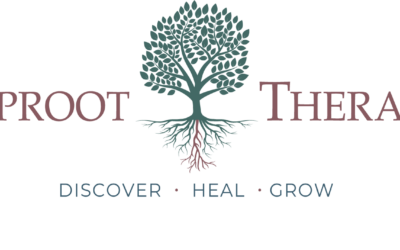Am I Autistic?

Autism spectrum disorder (ASD) is a neurodevelopmental condition that affects social interaction, communication, and behavior. While often associated with childhood, autism can also be diagnosed in adults. This article aims to shed light on the signs, challenges, and support strategies for adults with autism.
Signs of Autism in Adults
- Social difficulties: Challenges in reading social cues, understanding unwritten social rules, and engaging in reciprocal conversations.
- Communication differences: Literal interpretation of language, difficulty with nonverbal communication, and unique speech patterns or vocal inflections.
- Restricted interests and repetitive behaviors: Intense focus on specific topics, adherence to routines, and repetitive motor movements or speech.
- Sensory sensitivities: Over- or under-responsiveness to sensory input, such as sound, light, touch, or texture.
- Executive functioning challenges: Difficulty with planning, organization, time management, and flexible thinking.
Challenges Faced by Adults with Autism
- Late diagnosis: Many adults with autism may have gone undiagnosed in childhood, leading to years of misunderstanding and lack of support.
- Social isolation: Difficulty navigating social relationships and communication can lead to feelings of loneliness and isolation.
- Employment challenges: Sensory sensitivities, communication differences, and social expectations in the workplace can create barriers to finding and maintaining employment.
- Mental health concerns: Adults with autism are at higher risk for co-occurring mental health conditions, such as anxiety and depression.
Support Strategies for Adults with Autism
- Formal diagnosis and assessment: Receiving a formal autism diagnosis can provide validation, understanding, and access to appropriate support services.
- Therapy and skill-building: Cognitive-behavioral therapy (CBT), social skills training, and occupational therapy can help adults with autism develop coping strategies and improve daily functioning.
- Accommodations and modifications: Workplaces, educational institutions, and other settings can offer accommodations to support the unique needs of adults with autism.
- Community and peer support: Connecting with other adults with autism through support groups, online forums, or social events can provide a sense of belonging and shared understanding.
It’s important to recognize that autism presents differently in each individual, and the challenges and strengths of adults with autism can vary widely. By increasing awareness, acceptance, and support for adults on the spectrum, we can create a more inclusive society that values neurodiversity and enables individuals with autism to thrive.
If you suspect that you or a loved one may be on the autism spectrum, reaching out to a mental health professional experienced in working with adults with autism can be an important first step in gaining understanding and accessing appropriate support services.
Types of Therapy





0 Comments